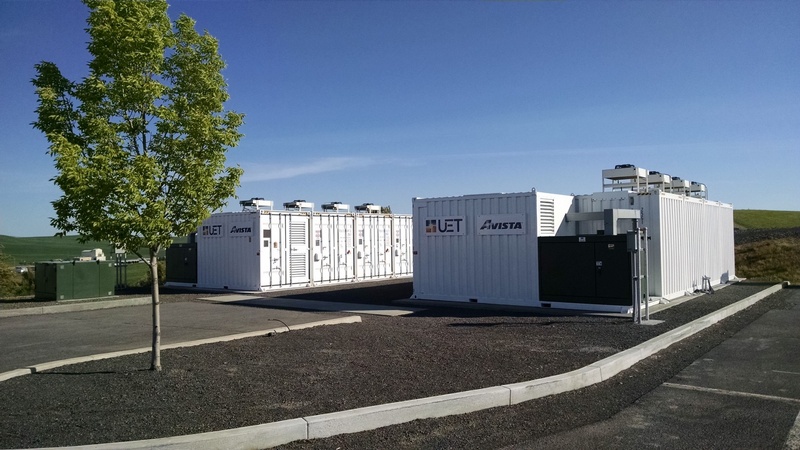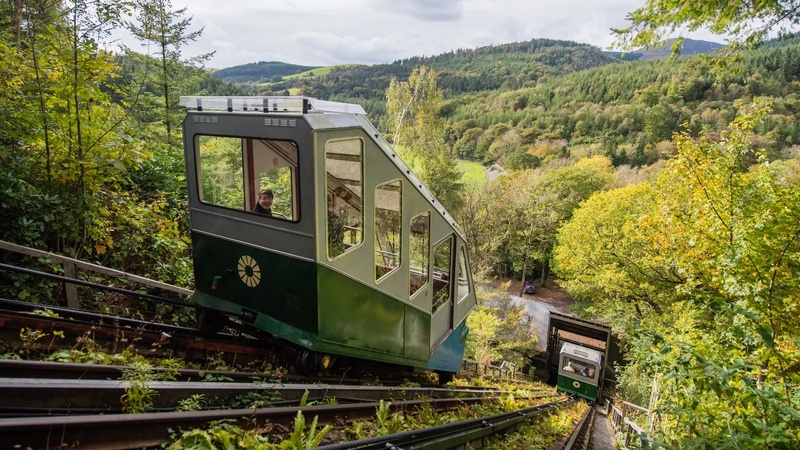June 17 NEC Energy News
¶ “US Grid-Scale Energy Storage Market Breaks Q1 Record” • The US energy storage market set a new record in the first quarter of 2022, with grid-scale installations totaling 2,399 MWh, the highest capacity for Q1 on record. The volume of US grid-scale installations was four times the volume seen in Q1 of last year, sources said. [Renewable Energy Magazine]

¶ “Japan’s Top Court Says Government Not Responsible For Fukushima Damage” • Japan’s government is not liable for damages demanded by people whose lives were devastated by the Fukushima nuclear disaster, the country’s top court said. As the first such ruling in a series of similar cases, the ruling sets a precedent. [Reuters]
¶ “All Fifteen Cape Towns Say ‘No’ To Holtec’s Plans For The Bay” • This year Cape Cod voters were asked at local town meetings and elections about the now-closed Pilgrim Nuclear Power Station. All 15 towns on the Cape, including six on Martha’s Vineyard, voted against Holtec plans to dump radioactive water into the bay. [Cape Cod Times]
¶ “The UK’s Haven For Alternative Thinking” • The Centre for Alternative Technology spent the last half century redefining the relationship between nature and humankind. Once merely a haven for those who think about alternative ways to do things, it now offers master’s degrees in fields such as energy provision, green building, and sustainable food. [BBC]

¶ “Congo Peat: The ‘Lungs Of Humanity’ That Are Under Threat” • A giant slab of carbon-rich peat has been discovered in central Africa. It is under threat from uncontrolled development, posing a significant risk for future climate change, writes BBC Africa correspondent Andrew Harding. The peat bog stores about 30 billion tonnes of carbon. [BBC]
¶ “The West Just Experienced An Aspect Of The Climate Crisis That Scientists Have Warned Of For Years” • In the middle of a prolonged, water shortage-inducing megadrought, one area, Yellowstone, was overwhelmed by drenching rainfall and rapid snowmelt, creating a torrent of flash flooding that ripped out roads and bridges. [CNN]
¶ “Nepal To Move Everest Base Camp From Melting Glacier” • Nepal is preparing to move its Everest base camp because global warming and human activity are making it unsafe. The camp is used by up to 1,500 people in the climbing season. It sits on the rapidly thinning Khumbu glacier. A new site is to be found lower down, where there is no year-round ice. [BBC]
For more news, please visit geoharvey – Daily News about Energy and Climate Change.
